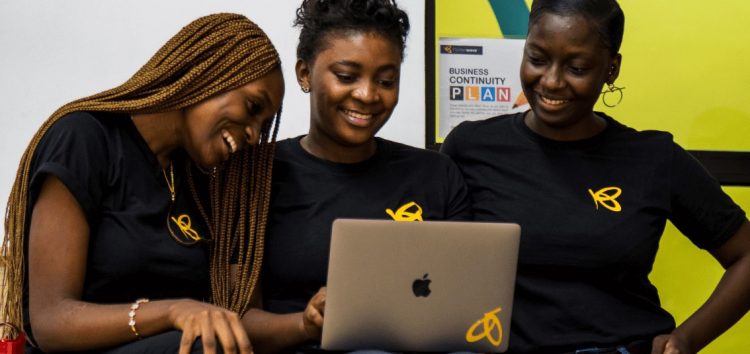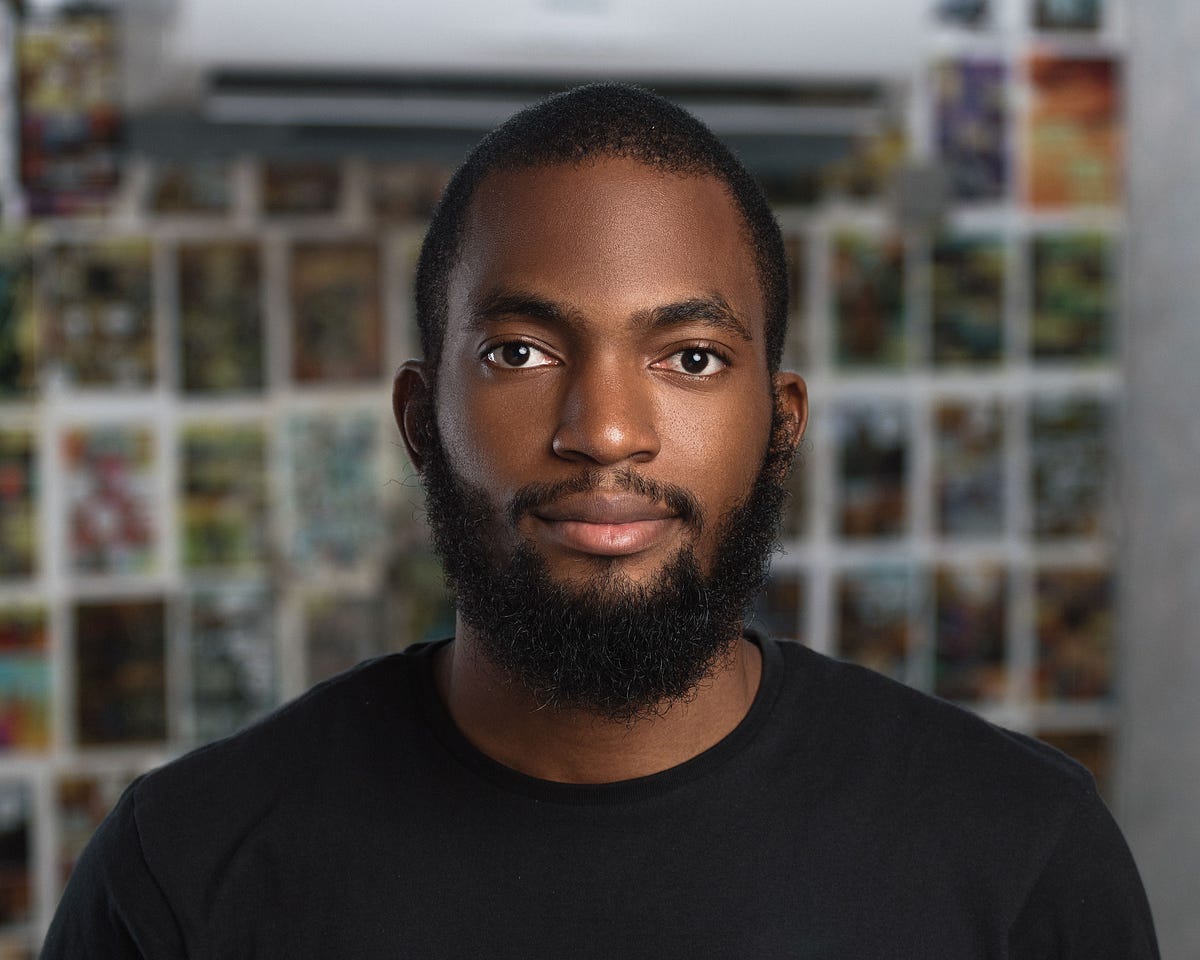Can we ever stop talking about funding? The topical issue of cash flow is one that continues to drive conversations across the Nigerian tech ecosystem and the African startup space at large.
In 2021 so far, March has stood out as a watershed moment in Venture Capital (VC) funding for Nigerian startups.
Over $205.9 million was raised across ten (10) rounds closed by Kuda, Flutterwave, Termii, Havenhill, Kwik, Afriex, Bankly and Appzone. Fintech startup, Flutterwave led the way with a momentous $170 million Series C raise to become only the third payments unicorn in Africa.
Interestingly, the total funding in March surpassed that of the entire 2020 when up to 82 Nigerian startups raked in $170 million.
Are local VCs doing enough?
While the multimillion-dollar funding raised in March speaks to the increasing viability of Nigerian startups, it is quite disappointing that only 5 local VCs of 34 VCs took part in the rounds. That’s a meagre 15% of all the participating investors.


In fact, just 11 local VCs of 44 VCs contributed to the total $220.1 million disclosed VC funding raised by Nigerian startups as of April 12, 2021. And this is largely thanks to Appzone’s $10 million Series A, with all five (5) participating investors being local VCs.
Among the local VCs that have funded Nigerian startups this year are Iyinoluwa Aboyeji’s Future Africa (Termii and Afriex), CardinalStone Capital Advisers (Appzone), Acuity Ventures (Termii), TLcom Capital (uLesson), Chrysalis Capital (Bankly) and Constant Capital (Appzone).
Closing the VC Funding Gap
In a chat with Technext, Dayo Koleowo, a Partner at Microtraction leading investments and portfolio management, says most local VCs usually invest small amounts in early-stage startups as part of their modus operandi.


So different investors play at different stages, have different thesis, and of course different criteria. Most local VCs or angel funds write small check sizes into early-stage companies. These monies are mostly catalytic funding to help these businesses early on.
Dayo Koleowo
Perhaps this is a low-risk approach that local VCs employ to position themselves to get the best returns on investments. Indeed, being a Nigerian VC itself, Microtraction invests $25,000 for 7% equity in early-stage African startups.
While such financing helps set startups on their way, there still exists an apparent gulf in funding from local VCs compared to foreign counterparts, especially as regards later-stage investments. For context, no local VC contributed to Flutterwave’s much-lauded $170 million Series C.
So, what really is the challenge for local VCs? Responding to this, Dayo highlights that foreign VCs are typically more buoyant than local venture capital firms.
A lot of the foreign VC funds are larger and write bigger check sizes.
“One of the reasons later-stage investors are able to invest in a company is because an early-stage investor invested early on, in that same company with a small check,” he added.
However, Dayo maintains that local VCs will shift towards making bigger investments as more early-stage Nigerian startups succeed in the long run. Measures of success include achieving profitable growth, securing Paystack-like exits and reaching unicorn status like Flutterwave.
“As the market grows and as we see more successful track records by small early-stage funds, we will begin to witness local small early-stage VC’s raise larger funds and be able to participate a little in later stages than they normally do, and of course do follow-on funding into the best-performing companies in their portfolio.”
Going forward, it is safe to say that Nigerian startups can look forward to securing much larger investments from local VCs, at early and later growth stages.
*A local VC has been defined as one with at least an office situated in Nigeria.






